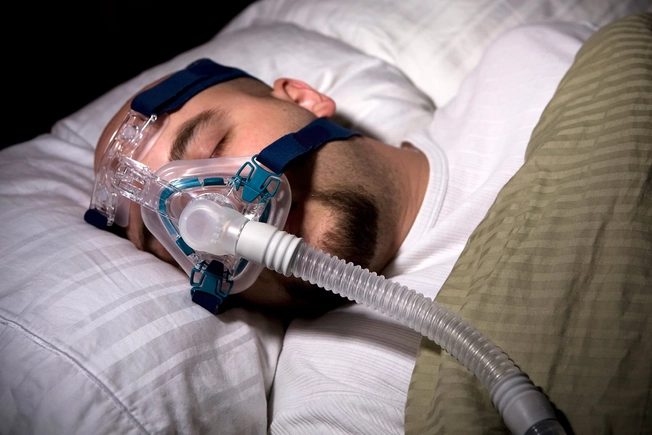- Overview
- Symptoms
- Causes & Risks
- Tests & Diagnosis
- Treatment
- Relapse
- Complications
- Living With
- Caregiving
- View Full Guide
How to Keep Schizophrenia Symptoms in Check


Take Your Meds Regularly
About half of all people with schizophrenia who have a prescription for antipsychotic drugs either don’t take them, take a higher or lower dose, or follow a different schedule than their doctor gave them. But all of these raise your risk of relapse, hospitalization, and suicide. It’s important to ask your doctor before you make any tweaks to your meds.

Manage Medication Side Effects
Antipsychotic meds can sometimes stop hallucinations in just a few days, and delusions within a few weeks. But they come with side effects, including weight gain, sexual problems, drowsiness, muscle movements, heart disease, constipation, and seizures. If you have them, talk to your doctor. It's important that you’re comfortable so that you continue to take your meds as prescribed.

Don’t Rely on Medication Alone
Antipsychotic drugs play an important role in treating schizophrenia. But experts agree they shouldn’t be the only thing you do to manage it. There’s evidence that cognitive behavioral therapy, a type of talk therapy that examines your thoughts and experiences, can help. It may improve your relationships, boost your success at work, ease anxiety, and even ward off hallucinations and delusions.

Don’t Abuse Drugs or Alcohol
About half of people with schizophrenia have a substance abuse problem. But heavy drinking can make hallucinations and paranoid delusions worse. Cannabis can make it more likely for psychotic symptoms to return. And studies have linked cocaine use to more hospitalizations and a higher risk of suicide.

Quit Smoking
More than half the people with schizophrenia smoke. Both the condition and the habit put you at greater risk of long-term illness and early death, so it’s worth a try to kick the habit. Research shows the antidepressant bupropion can help. You could also try a nicotine patch, although there aren’t many studies to show it works for people with schizophrenia. Always talk to your doctor and let them know you plan to quit.

Manage Stress
If you have schizophrenia, you don’t respond to stress the same way others do. Your body doesn’t release as much of the stress hormone cortisol or the brain chemical dopamine, both of which help your body respond when you’re under pressure. Stress can make schizophrenia symptoms worse. So if you have a demanding job or a difficult relationship, reach out for help and support.

Eat a Healthy Diet
Schizophrenia puts you at greater risk for obesity, diabetes, heart disease, and other health problems. Research shows that if you have it, you might be likely to eat more fat and less fiber, with fewer fruits and veggies. Some medicines may increase your appetite and risk for obesity and diabetes. Talk to your doctor about the foods you eat to see if there are any healthy tweaks you should make.

Get Plenty Of Sleep
Insomnia, interrupted sleep, and overall poor sleep quality are big problems for people with schizophrenia. It’s a vicious cycle, because bad sleep can make symptoms like paranoia and hallucinations worse. But treatments like cognitive behavioral therapy and medication can help. If you’re struggling to get your ZZZs, check in with your doctor.

Treat Sleep Apnea
Another common problem for people with schizophrenia is obstructive sleep apnea. This temporary, repeated blockage of your airway during the night can cause loud snoring. It’s linked to heart disease. People with schizophrenia are more likely to die from a heart attack, so it’s doubly important to get treatment.

Move Your Body
Exercise is good for your body and your mind. It can improve your symptoms and even help your brain work better. If you aren’t active, start slowly. Pick something you like to do so you’ll stick with it.

Don’t Withdraw
It’s common to feel lonely and socially isolated when you have schizophrenia. But these emotions can make your condition much worse. Reach out to trusted friends and loved ones. You may also want to join a support group. If it’s hard for you to make connections with people or keep up relationships, ask your doctor about social skills training.

Surround Yourself With Positive People
If your loved ones are overly critical, intrusive, or demanding, it can make your symptoms worse. That’s because this kind of behavior can create a stressful environment. If this sounds familiar, you could all benefit from a family therapy program that teaches you about schizophrenia, as well as show you how to talk to one another about it and problem-solve.